 Wat is kenmerkend voor spirituele theologie? Ik kan daar nu geen uitputtend verhaal over schrijven. Wel wil ik enkele dingen zeggen van de richting waarin ik denk. Daarbij heb ik in gedachten dat de preekstoel (of het podium, of waar ook maar het evangelie wordt verkondigd aan volgelingen van Jezus die bij elkaar komen in de hoop dat Gods woorden voor hen open gaan) de plek is waar mijns inziens primair hoorbaar en ervaarbaar moet worden wat spirituele theologie is. Uiteraard gaat daar de beoefening van de theologie aan vooraf, zelfs de wetenschappelijke, want met theologie bedrijven is niets mis. Het gaat met theologie alleen mis als het een puur rationeel gebeuren wordt waar het leven uit weggelopen is, waar geen kleur meer te bekennen valt, waar creativiteit is vervangen door aloude cliché’s die voortdurend herhaald worden.
Wat is kenmerkend voor spirituele theologie? Ik kan daar nu geen uitputtend verhaal over schrijven. Wel wil ik enkele dingen zeggen van de richting waarin ik denk. Daarbij heb ik in gedachten dat de preekstoel (of het podium, of waar ook maar het evangelie wordt verkondigd aan volgelingen van Jezus die bij elkaar komen in de hoop dat Gods woorden voor hen open gaan) de plek is waar mijns inziens primair hoorbaar en ervaarbaar moet worden wat spirituele theologie is. Uiteraard gaat daar de beoefening van de theologie aan vooraf, zelfs de wetenschappelijke, want met theologie bedrijven is niets mis. Het gaat met theologie alleen mis als het een puur rationeel gebeuren wordt waar het leven uit weggelopen is, waar geen kleur meer te bekennen valt, waar creativiteit is vervangen door aloude cliché’s die voortdurend herhaald worden.
Spirituele theologie wil de verrassende waarheid (Er is altijd hoop!) op een vitale en creatieve en persoonlijke en bewogen manier ter sprake brengen. Spirituele theologie wil het verhaal van God spellen, meebeleven, mee-maken en laten zien dat onze persoonlijke verhalen liggen ingebed in een veel groter en hoopvoller verhaal. Spirituele theologie wil de God die naar ons toekomt in Jezus (de timmerman uit Nazaret, de leeuw uit Juda, de afdruk van Gods wezen – zijn moeder heet Maria) voor ogen schilderen in al zijn schoonheid, goedheid en waarheid. Spirituele theologie is de aanbidding van, nee, de dans met de Vader-Zoon-Geest-God (ze noemen hem ook wel de Drie-enige) die ons uitnodigt in een hemelse omhelzing. Spirituele theologie is het liefhebben met je door de Geest aangeraakte verstand van hem die kwam zeggen: ‘De tijd is aangebroken, het koninkrijk van God is nabij, kom tot inkeer en hecht geloof aan dit goede nieuws!’ Spirituele theologie is met levende woorden zorgen voor de ziel van wie luisteren vanuit een verlangen naar bevrijding, genezing en vergeving. Spirituele theologie is een oefening in biddende creativiteit waardoor we het licht zien, soms – even. Spirituele theologie is nadenken met je hart en spreken uit je ziel en liefhebben door woorden heen. Spirituele theologie is zo spreken over God dat de Geest gaat waaien en je het gezicht van Jezus begint te zien: hij kijkt je aan -en zijn blik is zó intens liefdevol!
Ik besef dat ik hiermee vooral een sfeer probeer op te roepen. Maar volgens mij moet het daar ook beginnen. Theologie (en de prediking die eruit voortvloeit) is vaak zo dor, zo doods, zo voorspelbaar, zo abstract, zo systematisch, zo saai, zo liefdeloos, zo geestdodend, zo ontzettend cliché, zo volstrekt gespeend van het mysterie, zo humorloos ook – een dal vol dorre doodsbeenderen, keurig in het gelid gelegd om tenminste enig overzicht te hebben.
Een spirituele theologie – daar verlang ik naar: spiritualiteit en theologie, samen dansend op de muziek van de Geest, en dan genieten van Jezus, gewoon omdat hij zo mooi is, zo goed, zo waar, zo echt mens, zo helemaal God, zo Jezus.


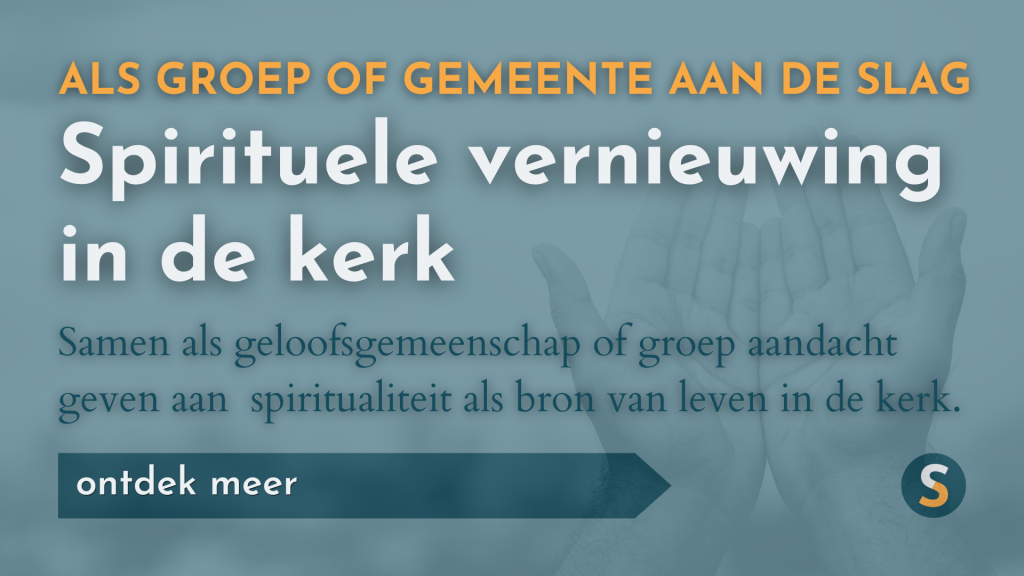
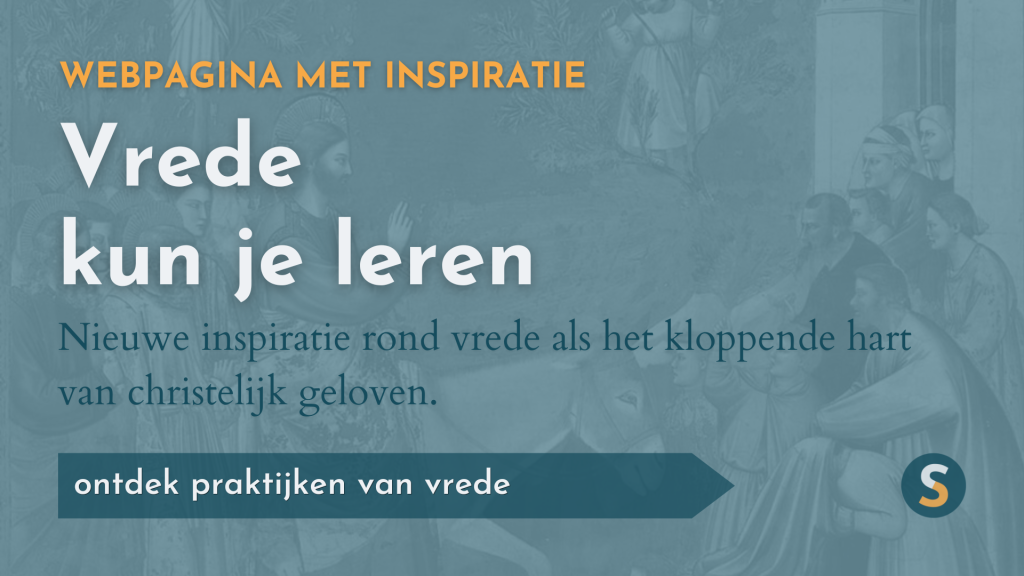


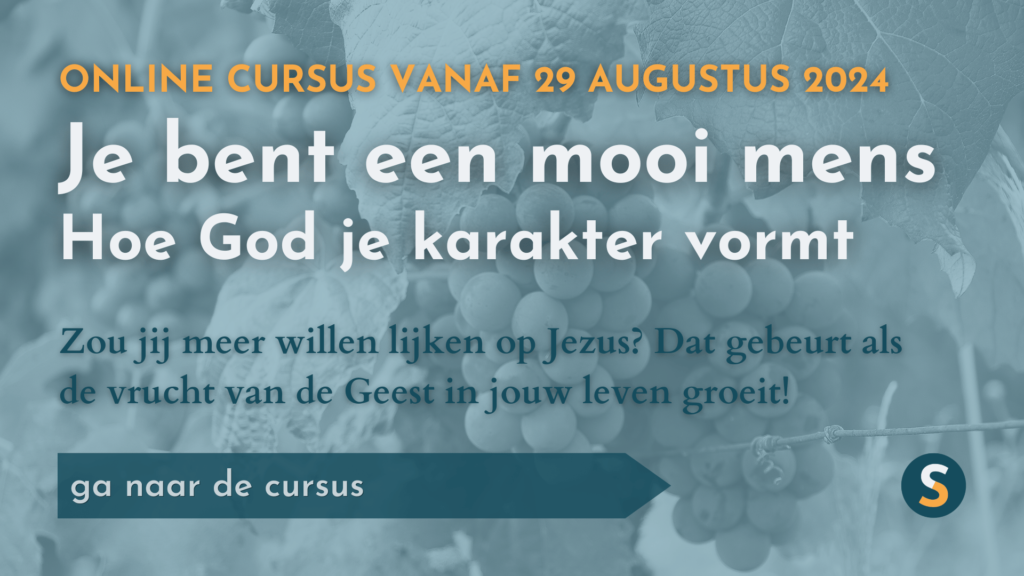


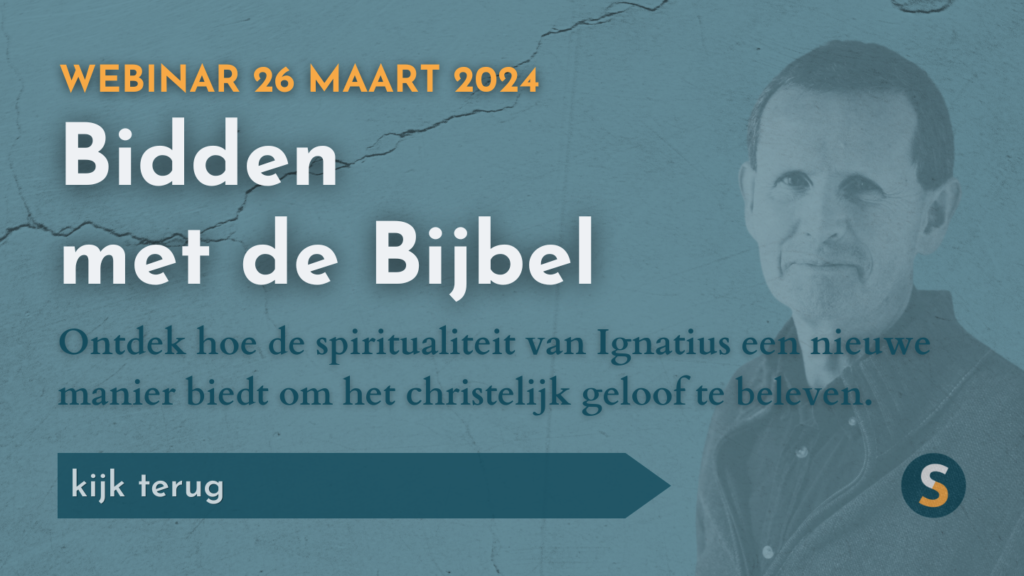

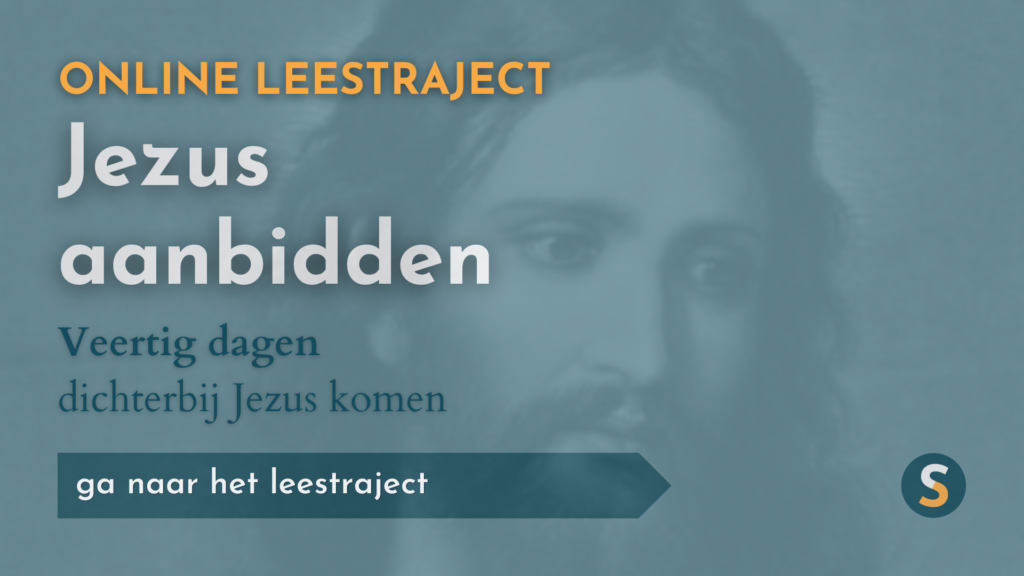

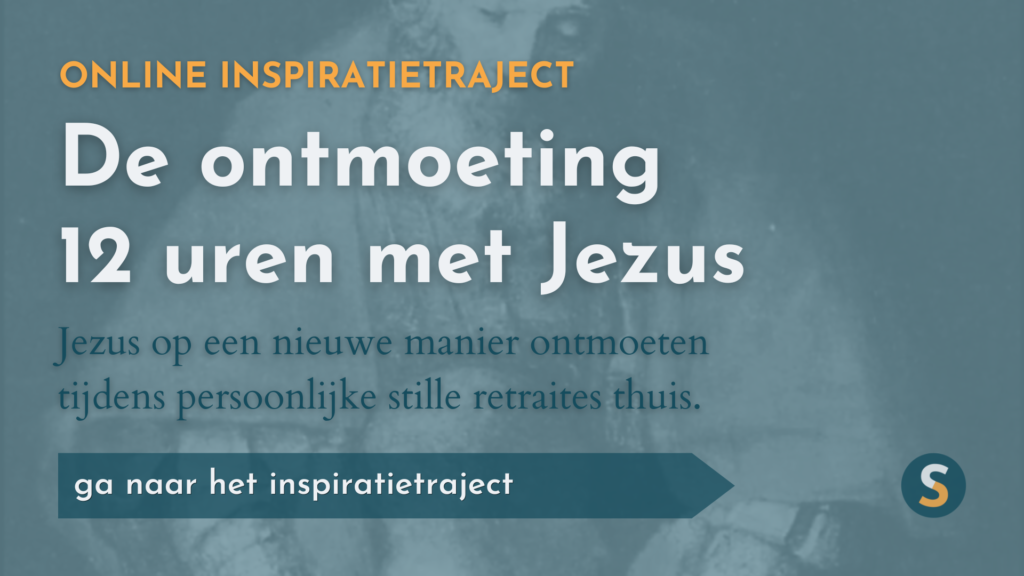

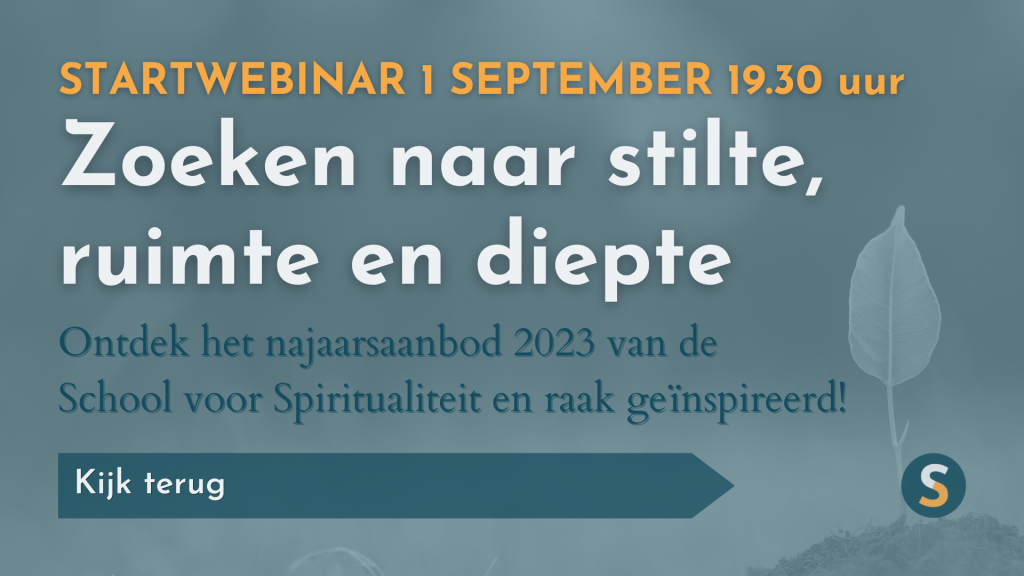
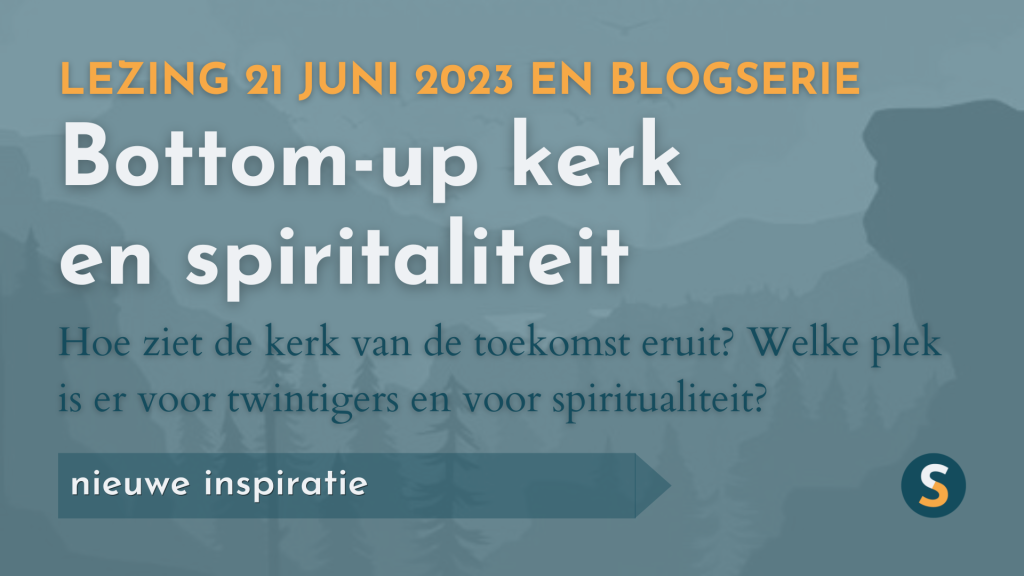

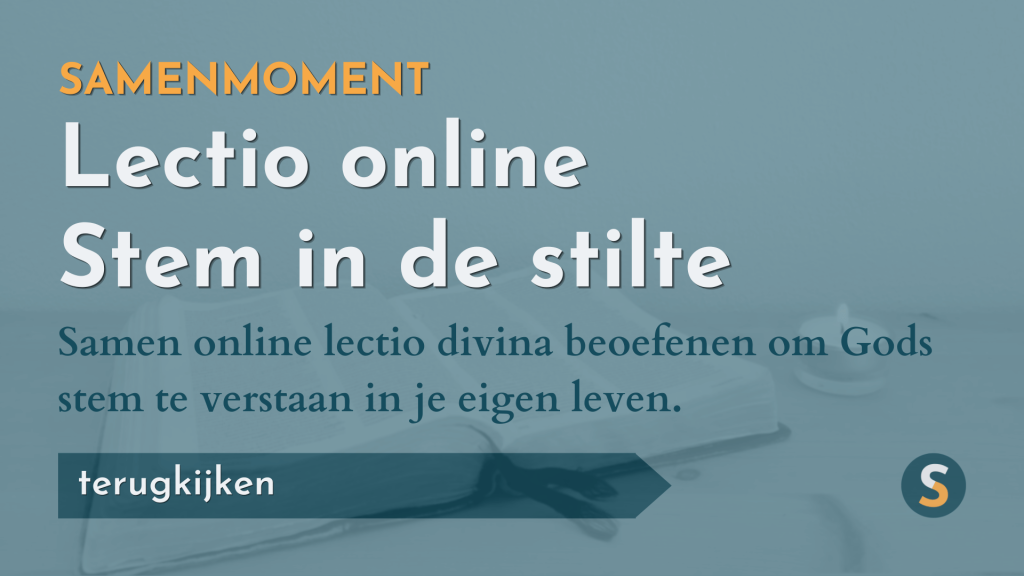



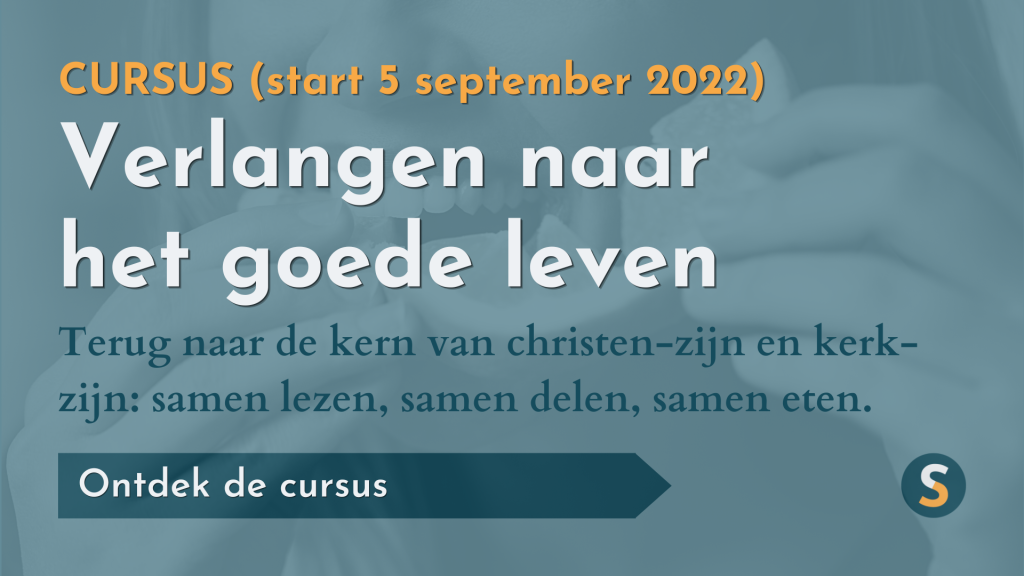
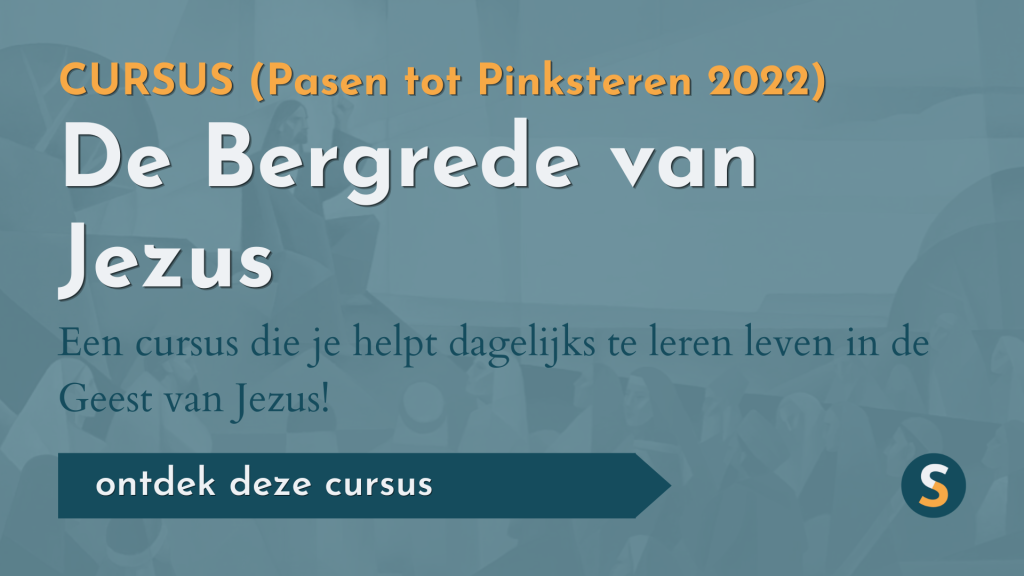
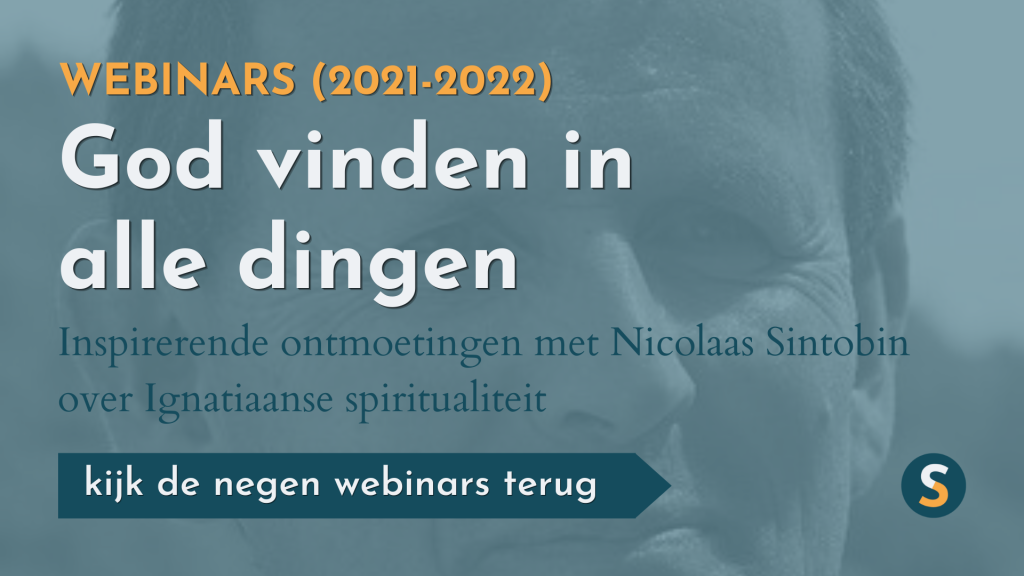







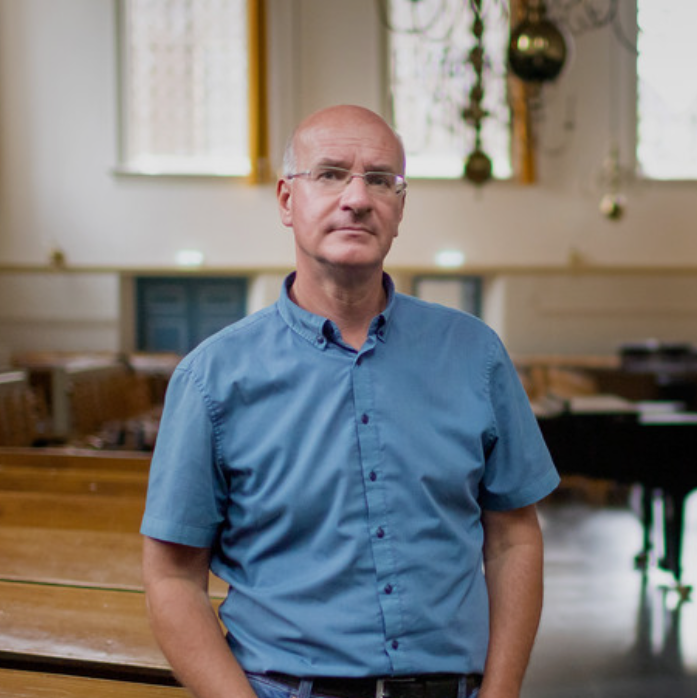
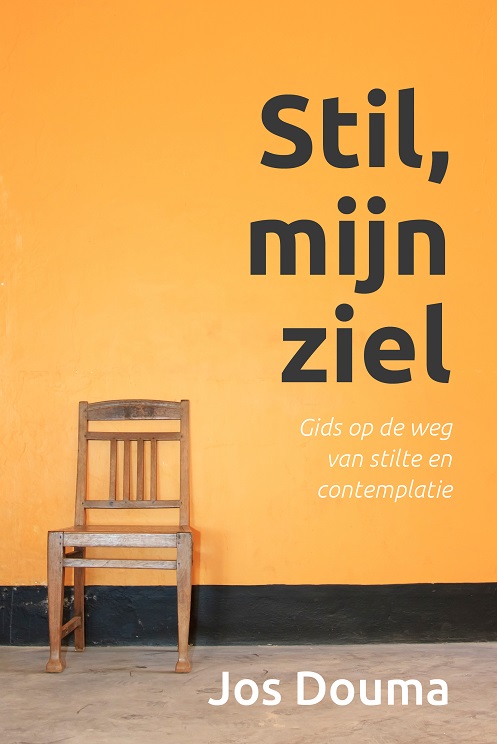

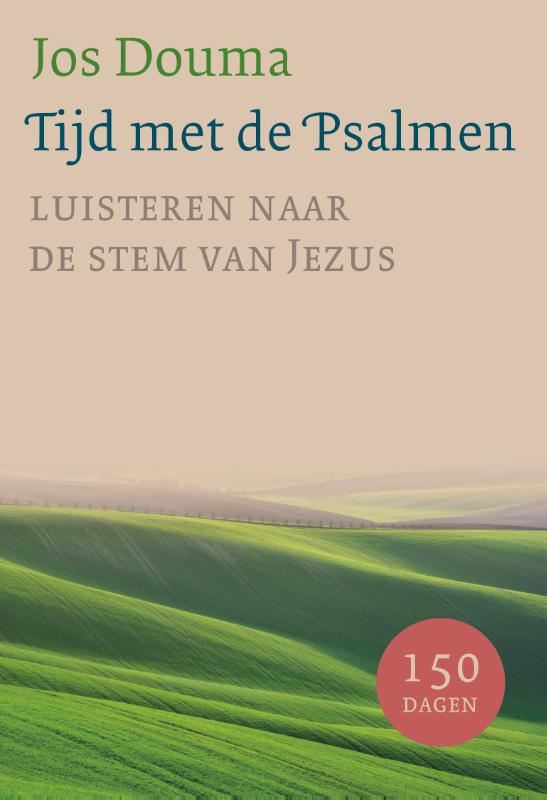
25/01/2010 op 19:48
Thanks for your posts, Jos.
A question: if this is the kind of theology and church you want, would it not be beneficial to revisit a number of key theological truths. For instance, what do we really believe we are doing when we believe in(to) the Lord Jesus Christ? Do we really believe that we are feeding on his body and blood through the bond of the Spirit of the Father and the Son? John Calvin writes: “Therefore, the Sacrament does not cause Christ to begin to be the bread of life; but when it reminds us that he was made the bread of life, which we continually eat, . . . . ” (IV.17.3). Can you imagine what theology and church life would look like if we really believed and experienced the Christian life of faith as continually feeding on the Lord Jesus Christ? As an aside but related, someone once said that most Reformed people are Zwinglian in their experience of the Lord’s Supper. If that is true–a rather lifeless view of the Lord Supper–then that may also be true for the life of faith in general. It becomes primarily a belief in propositional truths and not a living in union with Christ and being nourished and fed in this union through the bond of the Spirit of the Father and the Son. Some food for thought.
26/01/2010 op 17:59
Jos and Dick,
I am surprised and enjoyed by the interesting reaction of Dick. Dick wrote:
“A question: if this is the kind of theology and church you want, would it not be beneficial to revisit a number of key theological truths. For instance, what do we really believe we are doing when we believe in(to) the Lord Jesus Christ?”
Dick I wonder, what makes you ask this?
I am surprised because to me this question comes accross as a question into depth. A (re)new(ed) theology often touches some (old) basic thruths, brings new ephasizes, sometimes even brings some new, or other, ’truths’, consciously or unconsiously, spoken or unspoken. So I think it is important to be open about this. I am really looking forward to Jos’ reaction.
Dick, I wonder why do you, as a reaction to Jos’ post, especially start talking about Jesus as the bread of life and the meaning of the sacrament? Why this subject in this context? A special reason?
I am looking forward to your reactions.
01/02/2010 op 05:51
Hi Francis,
Had not visited Jos’ site for a number of days and had thus not seen your reaction.
I asked my questions about believing because I believe believing in Jesus Christ is essentially an ontological, participatory act through which we share in Jesus’ fellowship of love with the Father and his ministry of love from the Father. That this is is is illustrated so well with the truly Calvinistic understanding of being nourished with Jesus’ body and blood when we believe. The less this understanding of faith as ontological participation is understood and lives among us, the less a plea for spiritual theology the way Jos desires will truly shoot root among us. I suspect it may run the risk of being nothing more than window dressing. The more, however, this understanding of faith as ontological participation is understood, the more this faith becomes the root of not only great spiritual theology, but also surprisingly creative spiritual formation and life.
01/02/2010 op 13:01
Ik reageer graag in het Nederlands en neem maar even aan dat dit goed is te volgen.
“Hoe meer begrip voor geloof als ontologische participatie, hoe meer dit geloof de wortel wordt van spirituele theologie en spirituele vorming en leven.”
Een mooie en rijke gedachte, maar kan het ook niet andersom zijn? Hoe meer aandacht (in denken, doen en ervaren) voor geloof als spiritualiteit, hoe meer begrip er zal komen voor ontologische participatie”.
Het eerste neemt rationaliteit als uitgangspunt (begrip) en het tweede neemt het leven als uitgangspunt waar begrip een onderdeel van is. Volgens mij zijn ze allebei aannemelijk, alleen vind ik de tweede een vruchtbaarder uitgangspunt, omdat het niet uitgaat van “ik denk, dus ik ben”, maar van het “ik ben dus ik denk”. Dat is volgens mij een volgorde die meer recht doet aan het leven, waar het denken onderdeel van uit maakt.
Christelijke spiritualiteit gaat uit van deze dynamiek en lijkt mij daarom vruchtbaarder. Het heeft een breder uitgangspunt dan “begrip”, maar beseft ook dat begrip nodig is wil het kunnen groeien en vat krijgen op het leven (met God) waar ons theologiseren deel van uit maakt.
Maar misschien is er wel ergens een spraakverwarring. Hoe dan ook ben ik wat voorzichtig om begrip als uitgangspunt te nemen. En zie ik liever de dynamiek als uitgangspunt waarin behoefte is aan elkaars aanvulling.
hartelijke groet,
Ronald
01/02/2010 op 13:58
En natuurlijk lijkt mij dit dynamische uitgangspunt ook meer in overeenstemming met de dynamiek in de bijbel, als je het mij vraagt.
De Geest van Christus werkt het willen en het werken in ons (fil2:13), maar ook via de hervorming van ons denken werkt Gods Geest in ons in Rom 12. Gods Geest werkt nieuw leven in ons uit en geeft ons de gedachten/zin Christus (1Kor2:16)
Christelijke/bijbelse theologie en spirituele theologie zal volgens mij toch om een orientatie of afstemming vragen op deze bijbelse dynamiek.
Daarnaast is deze dynamiek ook vruchtbaar om andere religies te bestuderen omdat daar veelal ook niet zonder meer het denken en de geschriften uitgangspunt zijn. Dat neigt naar een rationalisme die misschien wel als eurocentrisme kan worden gekenmerkt.
Maar misschien laat ik mij dan teveel beinvoeden door Waaijman’s boek “Spiritualiteit, vormen, grondslagen en methoden”.
Ik zoek en vraag maar in de hoop op inspirerende gesprekspartner.
vriendelijke groet,
Ronald
03/02/2010 op 17:08
Beste Ronald,
Bedankt voor je reactie.
Momenteel heb ik het even druk.
Beloof om binnenkort het gesprek voort te zetten.
vriendelijk gegroet in Hem!
Dick
03/02/2010 op 22:41
Dear Ronald,
You write:
“Hoe meer begrip voor geloof als ontologische participatie, hoe meer dit geloof de wortel wordt van spirituele theologie en spirituele vorming en leven.”
Een mooie en rijke gedachte, maar kan het ook niet andersom zijn? Hoe meer aandacht (in denken, doen en ervaren) voor geloof als spiritualiteit, hoe meer begrip er zal komen voor ontologische participatie”.
Indeed. This reminds me of what Calvin says about that We cannot seriously think about ourselves without thinking about the God who has made us and continues to take care of us. And we cannot seriously think about God without thinking about what we are like in his sight. Rather than choosing one or the other as a starting point, Calvin says we need to look at both. In other words, we need to consider the relationship of God and ourselves. This will involve a moving back and forth between reflection on who God is and who we human beings are, in the context of that relationship.
You continue and say:
Het eerste neemt rationaliteit als uitgangspunt (begrip) en het tweede neemt het leven als uitgangspunt waar begrip een onderdeel van is. Volgens mij zijn ze allebei aannemelijk, alleen vind ik de tweede een vruchtbaarder uitgangspunt, omdat het niet uitgaat van “ik denk, dus ik ben”, maar van het “ik ben dus ik denk”. Dat is volgens mij een volgorde die meer recht doet aan het leven, waar het denken onderdeel van uit maakt.
I find this a very clear and helpful description. And yet, I do not completely recognize myself in this distinction because when I make a plea for first understanding faith as ontological participation, then this understanding is predicated by or rooted in being. Because I am ontologically in Christ and share in his fellowship of love with the Father and his ministry of love from the Father, I understand this as my ontological identity. This is who I am. Thus, I don’ think about faith as ontological participation and therefore I ontologically participate in Christ, but I am ontologically participating in Christ and therefore I think the way I do about faith.
You end by writing:
Maar misschien is er wel ergens een spraakverwarring. Hoe dan ook ben ik wat voorzichtig om begrip als uitgangspunt te nemen. En zie ik liever de dynamiek [“ik ben dus ik denk] als uitgangspunt waarin behoefte is aan elkaars aanvulling.
Unless I misunderstand you, I think we essentially agree.
In another post I would like to write something about the use of the word ‘nous’ or ‘mind’ in the New Testament. Perhaps, a good understanding of this word will help us in our quest for spiritual theology and spiritual life.
Met vriendelijke groet,
Dick
05/02/2010 op 23:20
Some time ago, I wrote in Cultivating a God-generated Life (www.godgeneratedlife.com)
The Greek underlying the word mind is nous. About this word, J. Behm writes that that original meaning of this word is “‘(inner) sense directed on an object,’ [it] embraces ‘sensation,’ ‘power of spiritual perception,’ ‘capacity for intellectual apprehension.’” Frederica Mathewes-Green builds on this definition when she writes, “The nous is a faculty of perception, analogous to your ears or eyes. After you perceive something you might have rational thoughts about it, and you might have emotions about it – but first of all, you just notice it. The nous is your ‘noticer.’” Thus, when the Scriptures speak about the mind, they do not immediately refer to rational, intellectual activity, but the capacity for intellectual apprehension. They are referring first to the receptive, registering, noticing function of the nous. Rational, intellectual activity that follows is a reaction to what was received, registered and noticed. Thus, the nous has been compared to an eye that registers impressions. Because of the Fall into sin, the nous is darkened so that it cannot receive, perceive and notice well. Thus, it needs to be enlightened. In this context, nous is sometimes used interchangeably with heart. For instance, Paul prays that the “eyes of your heart” may be enlightened (Eph. 1:18).
While the nous or “noticer” can be compared to an eye, it also literally looks through the physical eyes of the body and controls the body. Jesus alludes to this when He says, “The eye is the lamp of the body. If your eyes are good, your whole body will be full of light. But if your eyes are bad, your whole body will be full of darkness. If then the light within you is darkness, how great is that darkness” (Mt. 6:22-23). About this text, Davies and Allison write:
Pre-modern people tended to believe that the eyes contain a fire or light, and that this fire or light is what makes sight possible . . . They spoke of ‘the light of the eyes’ (Prov. 15.30 . . . ), of eyes becoming dimmed or darkened (Gen. 27.1; 48.10, Deut. 34.7; Lam. 5.17 . . . ) and of God ‘enlightening’ or ‘brightening’ the eyes (Ezra 9.8; . . . ) They imagined that the eye was like the sun, both being senders of rays (2 Sam. 12.11 . . . ), and they told stories in which the light or fire of the eyes actually became so intense that it was visible (Dan. 10.6; Rev. 1.14; 2.18; 19.12 . . . ).
In the light of this premodern, intromission and not the modern, extramission understanding of the eye, Jesus says that “the eye is the lamp of the body.” Because our “noticer” or “inner eye” looks through the physical or outer eyes, this “noticer” or “inner eye” controls the movements of our body. Consequently Jesus says that if your “eyes are good [or single- minded], your whole body will be full of light. But your eyes are bad [not single-minded], the whole body will be full of darkness.” The “noticer” or “inner eye” is always steering our body either in the right or wrong direction. It either steers our body towards earthly treasures or heavenly ones (Mt. 6:19-21), the reward of men or of our heavenly Father (Mt. 6:1-18).
In this light, it is understandable why Jesus says that He is both life and light. Believers not only need new life in their inner, spiritual deadness in order to live embedded with Christ in the Father through the advance installment of the Holy Spirit; they also need new light in their inner, spiritual darkness to be able to participate in this Trinitarian life. As life, Jesus gives new spiritual life; as light He gives new spiritual eyesight.
The importance for spiritual theology and spiritual life is can be clear. If the mind is first a faculty of perception comparable to your ears or eyes, if it first has a receptive, registering, noticing function so that rational, intellectual activity that follows is a reaction to what was received, registered and noticed, this would seem to affirm that, while we move back and forth between being and thinking, we do essentially begin with noticing our being in Christ. The purpose of theology then is not to explain God, but to draw us into the mystery of our being in Christ and spiritual life is participating in this mystery.
Perhaps, I am overstating the importance of this insight. If I am, please let me know for I’m on a journey just like you.
Met vriendelijke groet,
Dick